Clinical Chemistry
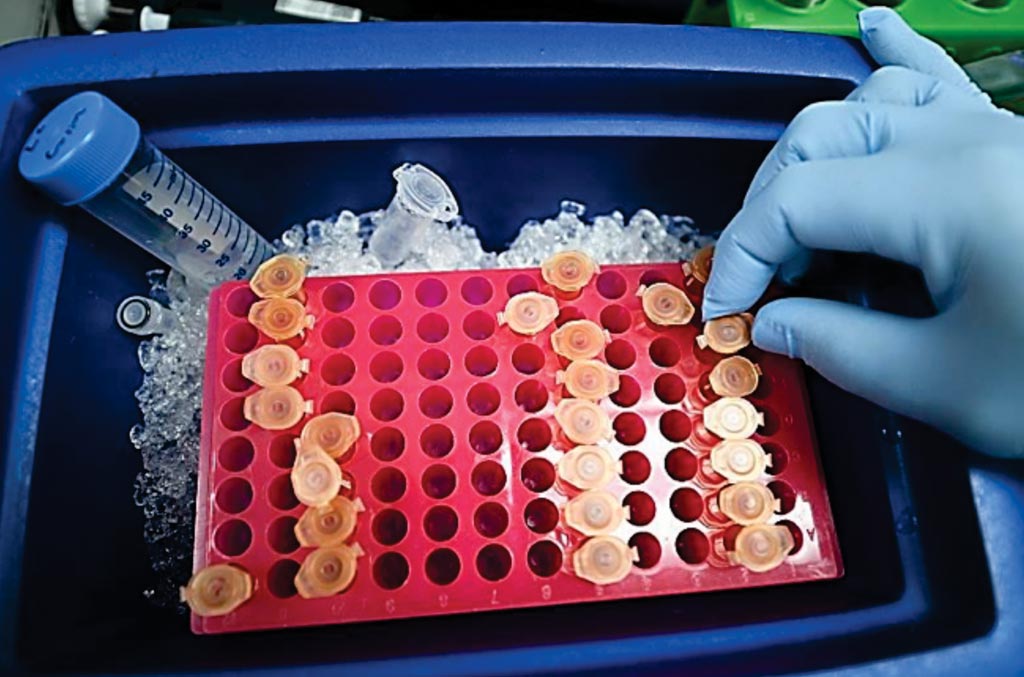
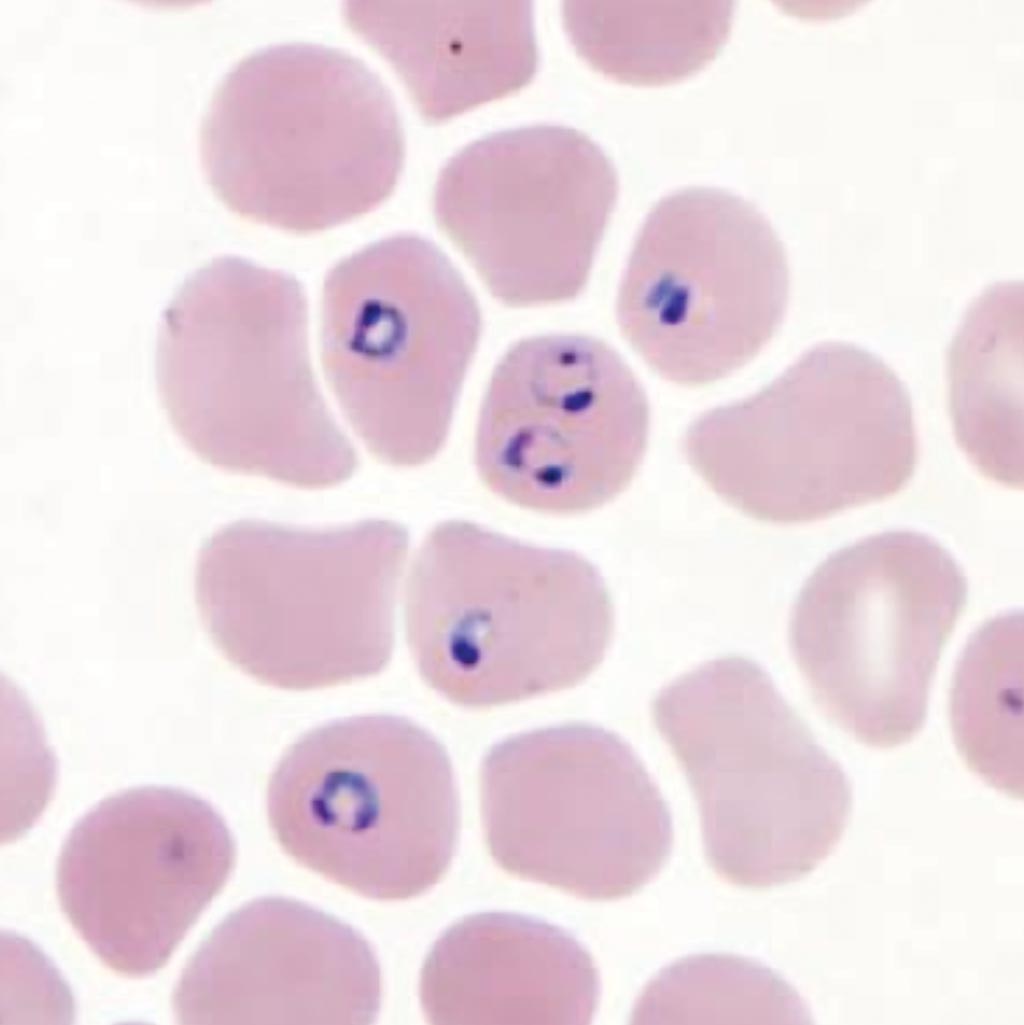
AKI Biomarker Described for Pediatric Malaria
Acute kidney injury (AKI) is an important complication in severe malaria that is associated with increased mortality in both pediatric and adult populations. However, until recently, the incidence of AKI in pediatric malaria was under-appreciated as few children develop signs of overt renal failure and creatinine testing is not routinely available in resource-constrained settings. More...28 Feb 2018
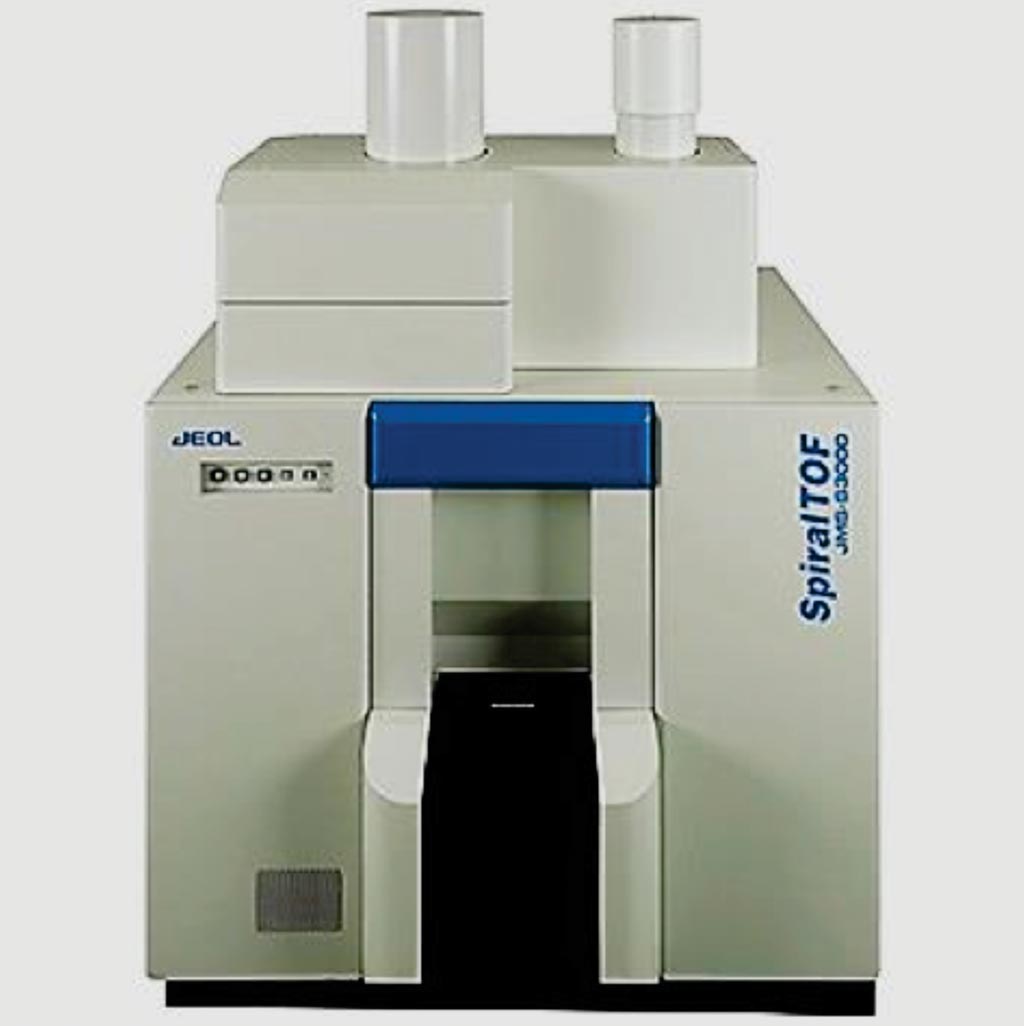
Plasma Markers Predict Brain Amyloid Burden in AD
Aggregation and accumulation of beta-amyloid (Aβ), particularly Aβ42, is implicated in the pathogenesis of Alzheimer's disease (AD) with overproduction in autosomal-dominant AD and impaired clearance in the presence of amyloidosis contributing to the cause of AD. More...23 Feb 2018
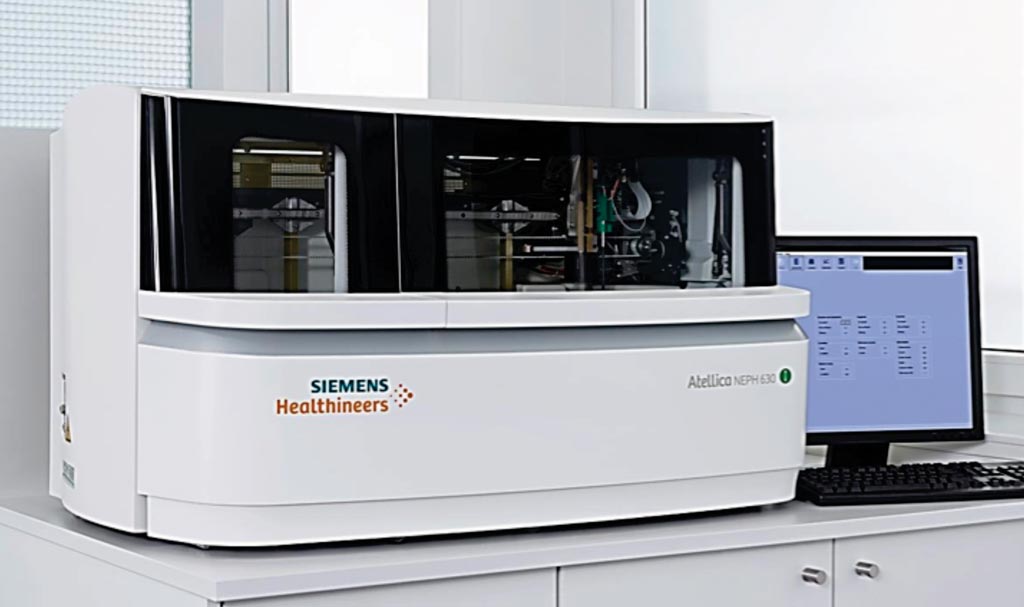
C-Reactive Protein Assessed for Albuminuria Severity
Diabetes is a major cause of early morbidity and mortality in the world and is the leading cause of renal failure, non-traumatic amputations and blindness in adults. Chronic hyperglycemia causes irreversible structural and functional changes in cells leading to the development of microvascular and macrovascular complications. More...21 Feb 2018
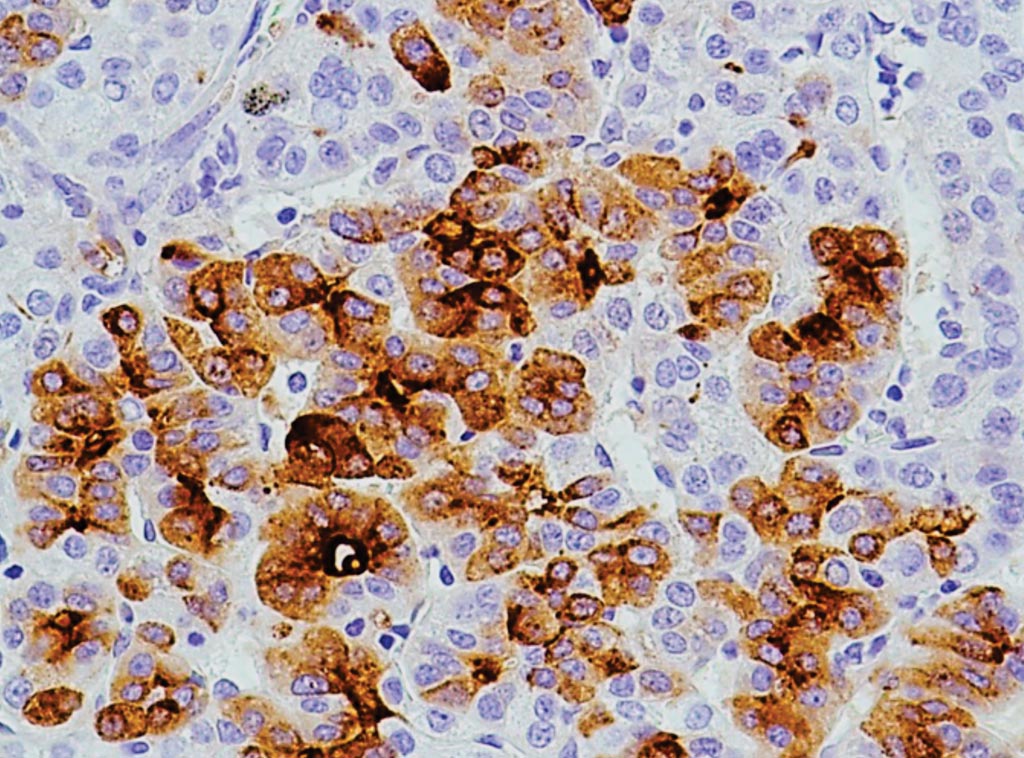
Blood Test Plus Ultrasound Enhances Liver Cancer Detection
While the incidence of most cancers is decreasing in the USA the incidence of liver cancer has increased by 2.7% a year over the last 10 years, which is estimated at about 40,700 new cases of liver cancer that will be diagnosed in the USA in 2018. More...20 Feb 2018

Blood Test Helps Identify CV Patients Most at Risk
A new blood test could provide a clue as to why some patients are at higher risk of cardiovascular disease risk after suffering a heart attack, which may help scientists to identify new targets for reducing the risk and eventually lead to more effective treatments. More...19 Feb 2018
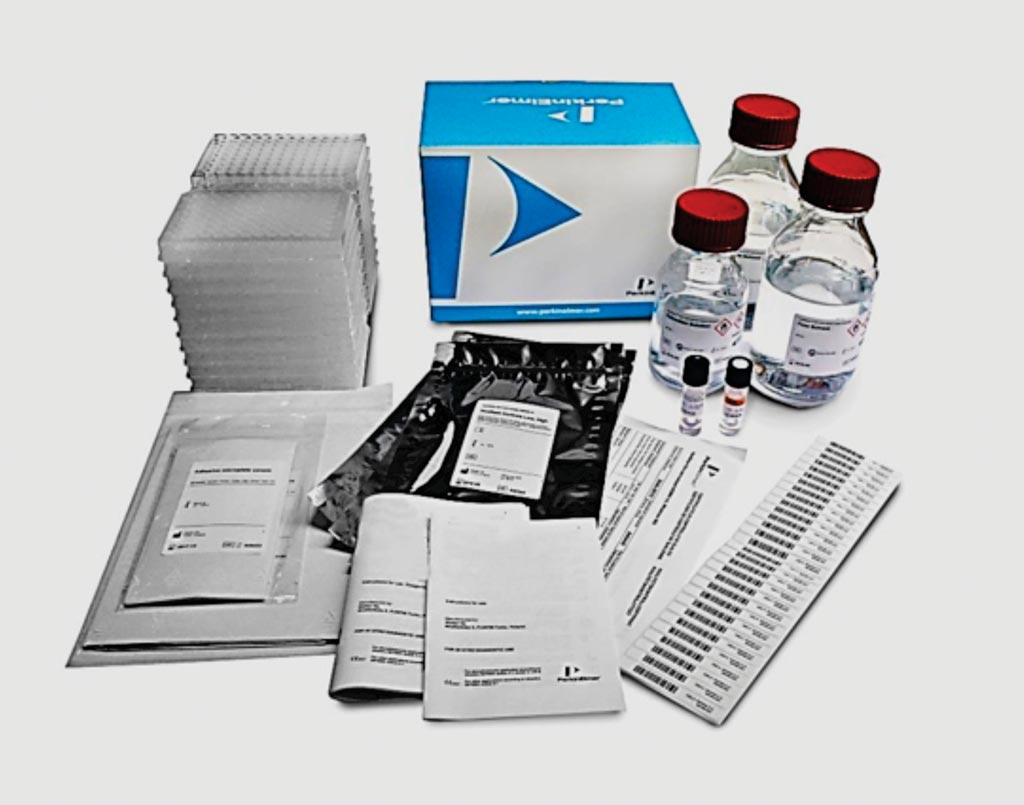
In Other News
Metabolite Biomarkers of Chronic Typhoid Carriage Detected
POC Testing Evaluated for Fecal Calprotectin
Glycan-Attaching Enzyme Defines Colon Cancer
New Biosensor Monitors Glucose in Tears and Sweat
Mutation Found in Families with Contradictory Blood Sugars
New Guidelines Issued for Diabetes Testing
New Cholesterol Calculation May Avoid Fasting
Serum Albumin Level Predicts Serious HIV Events
Blood Gas Analyzers for POC Validated
Lipidome Tested As Predictor in T2DM Progression
Biosensor System Developed for Blood Glucose Monitoring
Protein Signature Associated with Outcome in Metastatic Melanoma
Stability of Cardiac Biomarkers Tested in Different Samples
Lipid Biomarker Concentrations Associated with CVD Risk
Comprehensive Metabolic Profiling Assessed for Chronic Inflammation
Exhaled Nitrous Oxide Adjunct Test Diagnoses Asthma
Antihypertensive Agents Reduce Heart Biomarkers Levels
Biomarker of Kidney Disease Identified in Sickle Cell Anemia
High Plasma Glucose Raises Baby Heart-Defect Risk
Spinal Tap Needle Impacts Risk of Complications
Smartphone Case Offers Glucose Monitoring Regardless of Location
Blood Test Monitors Nerve Protein in MS Patients
Metabolites Altered in Chronic Kidney Disease
The Clinical Chemistry channel updates the reader on tests, techniques, and research in the field - from routine assays to specialized tests on blood, urine, enzymes, lipids, hormones and more.










